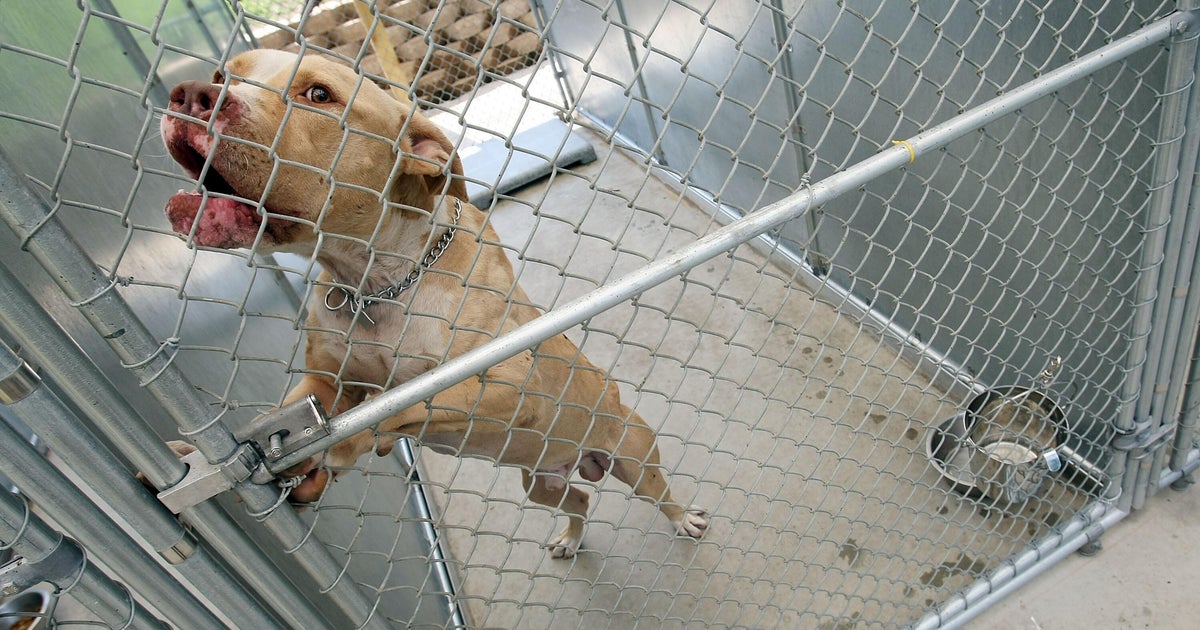Dog, Cat Feces Linked To Climate Change: UCLA Study
LOS ANGELES (CBSLA.com) — Looking for another cause to blame climate change on? Try man's best friend, according to a new study.
UCLA researchers say pet ownership in the U.S. generates 64 million tons of carbon dioxide every year, the equivalent of more than 13 million cars driving in a year.
The biggest issue? Feces production from the roughly 163 million dogs and cats across the country.
According to UCLA geography professor Gregory Okin, if all the fecal matter from dogs and cats - excluding kitty litter and bags - were disposed as garbage, their feces would amount to about 5.1 million tons of feces every year.
That's more than the amount of total garbage produced by 6.63 million Americans, or "approximately the population of Massachusetts", says Okin.
Put another way, American dogs and cats consume nearly 20 percent as many calories as Americans do - "on par with all the calories consumed by the population of France in a year."
Part of the problem, Okin says, comes from more pet owners feeding their animals gourmet food products, including cuts of meat suitable for human conusmption.
"A dog doesn't need to eat steak," Okin said. "A dog can eat things a human sincerely can't. So what if we could turn some of that pet food into people chow?"
But when it comes to solution, Okin acknowledges the challenges of getting pet owners to look at their friends as destroyers of the environment.
"This analysis does not mean to imply that dog and cat ownership should be curtailed for environmental reasons, but neither should we view it as an unalloyed good," he says. "It is clear that a transition to pets that eat less meat, and therefore have less environmental impact, would reduce the overall US consumption of meat."







